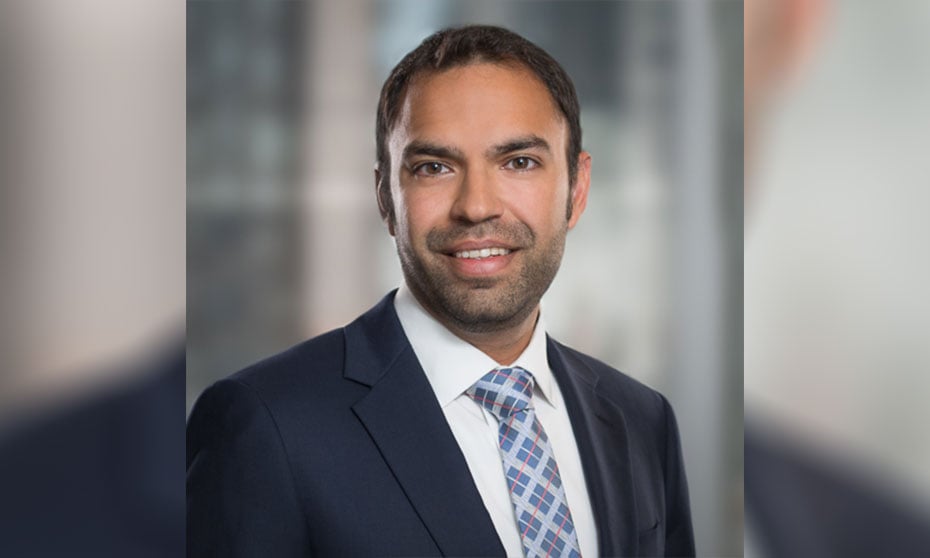
Case focuses on drivers’ licenses for refugees

A legal challenge of how refugees get drivers’ licenses in Ontario highlighted some “live issues” within human rights law, says the lawyer on the case.
Hassan Ahmad, who represented the applicant, says that issues raised over the course of the hearings — which will likely be litigated further in the field of human rights law — include the evidence and test required for discrimination allegations, and the role of human rights tribunals in hearing cases about the Canadian Charter of Rights and Freedoms.
The case, Alturki v. Ontario (Transportation), is scheduled to conclude hearings before the Human Rights Tribunal of Ontario on Sept. 27.
Applicant Shyesh Al-Turki, a refugee from Syria, was required to wait a year before taking his G driving test and participate in a licensing program designed for new drivers, despite having driven for about 15 years before coming to Canada. The licensing agency in Aleppo was destroyed in the war, leaving Al-Turki unable to meet a requirement to “provide documentary evidence” that he had held a valid driver’s licence in his home country for at least 24 months out of the past three years.
The policy meant Al-Turki had to pay higher insurance premiums and precluded him from job opportunities as a driver, said the International Human Rights Program at the University of Toronto Faculty of Law, which is backing Al-Turki.
A statement from the IHRP said that Ontario’s policy differs from those in Alberta, Manitoba, and British Columbia, and also diverges from Ontario’s past policies for refugees from Kosovo.
Other provinces only require documentary evidence of past driving experience if the driver’s foreign license lacks key information: such as issue date, photograph or date of birth, according to IHRP.
“On the other hand, Ontario requires written authentication that is practically impossible to obtain from war zones and countries in conflict,” the IHRP’s statement said.
Ahmad says the case raises several “salient” legal issues where the law remains ambiguous.
“A legal issue that has come out is something that will be contested in human rights law for the foreseeable future, it seems,” he says. “What is really required from an applicant to show discrimination?”
Ahmad says the Crown argued in Al-Turki’s case that there needs to be evidence of stereotyping and arbitrary disadvantage, but Ahmad says the standard focuses on whether the person has an attribute that resulted in a distinction and resulting harm. Ahmad says the Crown’s argument also touches on how the courts approach s. 15 of the Charter, which deals with equality rights.
“This is going to serve as a precedent for future cases,” he says. “This is becoming more rampant in our society — the allegation of discrimination, whether it’s racial, ethnic, based on sexual orientation, based on place of origin, based on religion. Allegations of discrimination against private actors, like employers, or government actors. . . . . These are usually difficult factual circumstances, it’s not clear-cut evidence at times. So what is the test to show that? What is the standard? Not the legal standard, as a balance of probabilities — but to what extent do you have to establish the evidence?”
Another issue that came before the tribunal was whether a standalone Charter claim can come before the HRTO, Ahmad says. In this case, the HRTO said no to a standalone Charter claim.
But, Ahmad says, he plans to continue pursuing the issue, citing the SCC’s decision in R v. Conway on the Ontario Review Board’s jurisdiction to hear Charter claims.
He says it there is an access to justice component in the argument.
“What I have argued before the tribunal is: It doesn’t make sense that if you have a Charter claim, you have to Superior Court, and if you have a [Human Rights] Code claim, you have to come to the Tribunal,” he says. “The individuals who are bringing these types of claims are usually indigent persons who don’t have the resources to go to Superior Court and file a notice of application for a Charter claim. So, it would allow them to access justice far better if they could go to the human rights tribunal.”